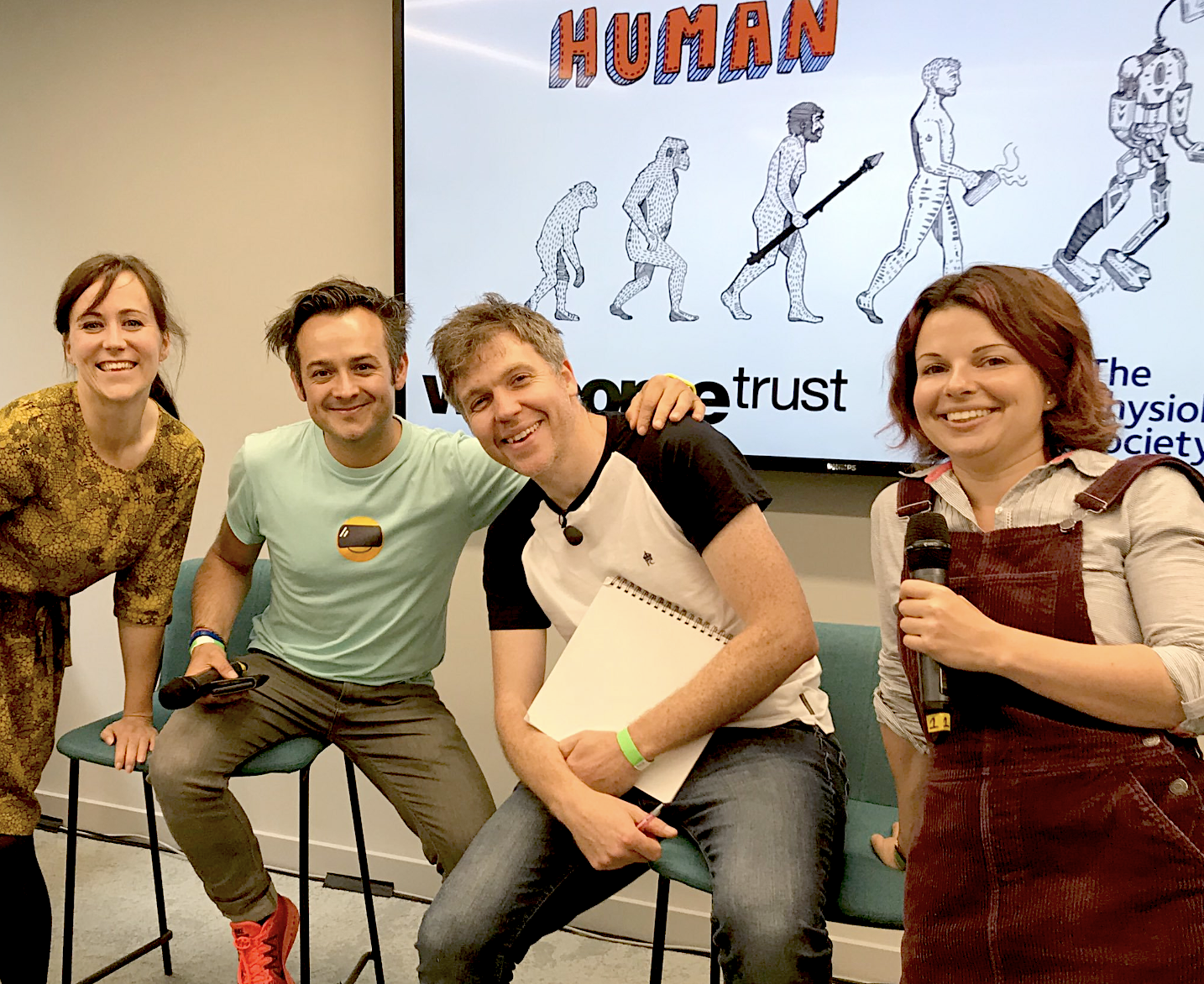
Make it stand out
What’s been happening?
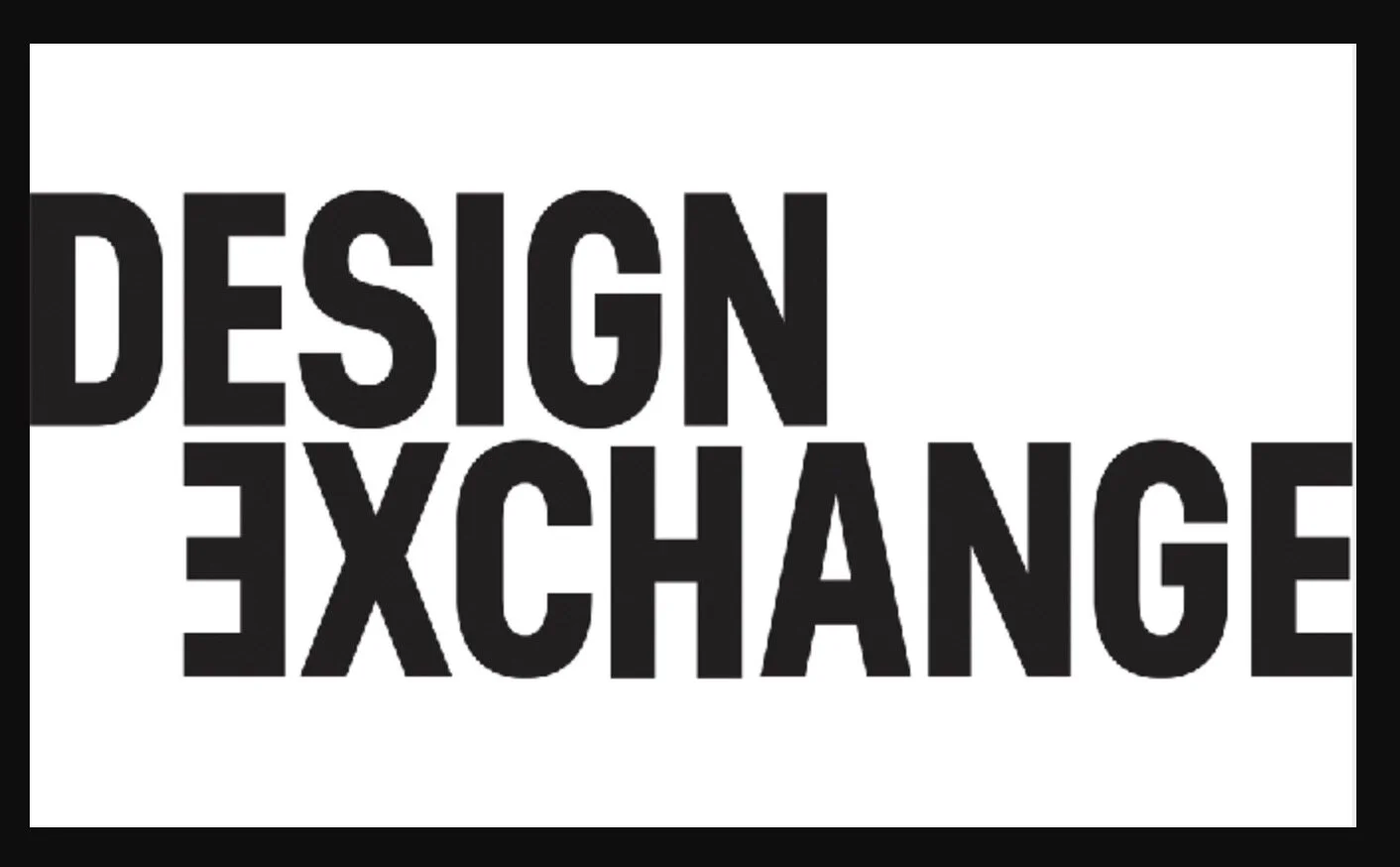
Esports and Transmedia Architecture
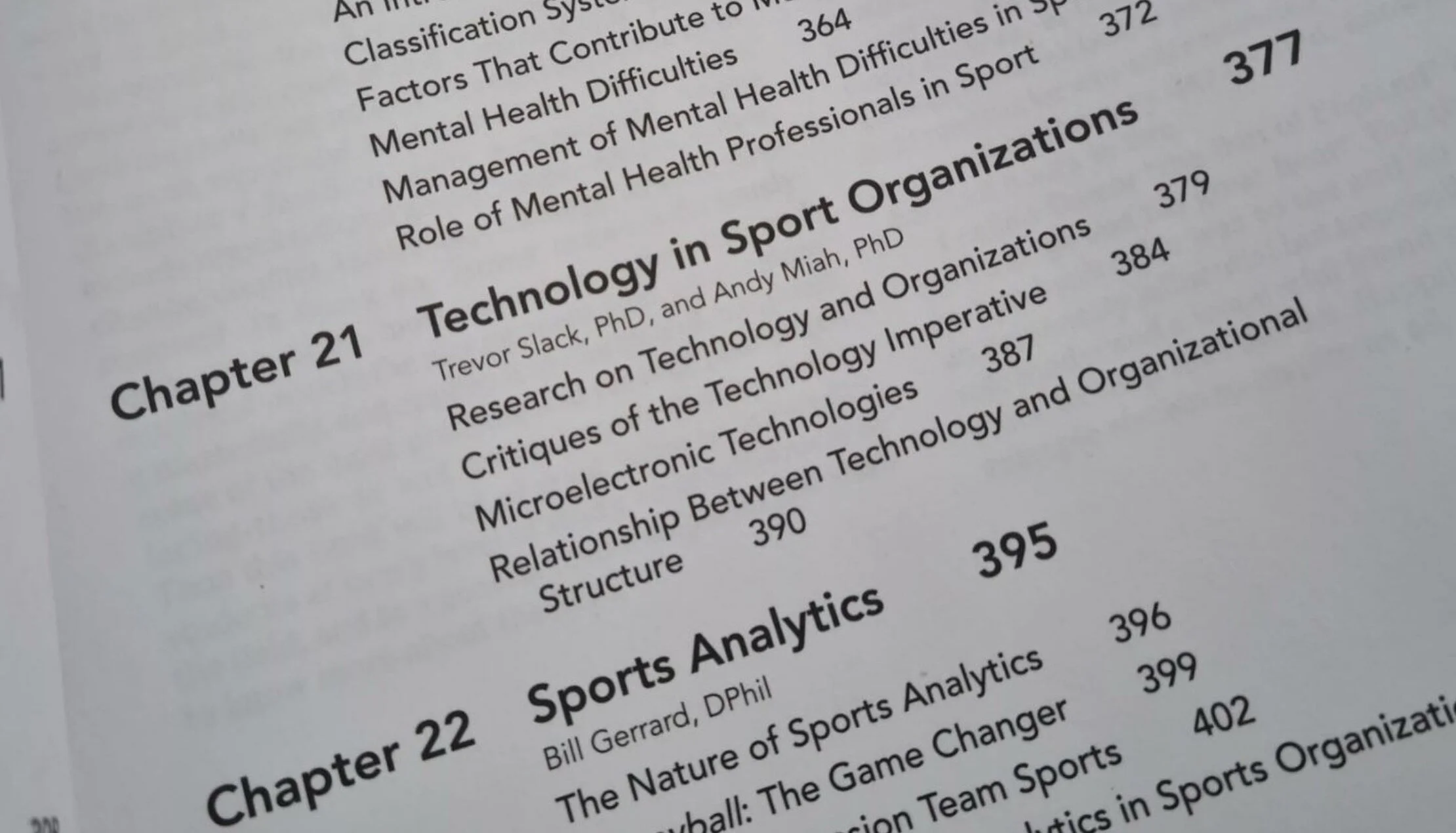
Understanding Sport Organizations
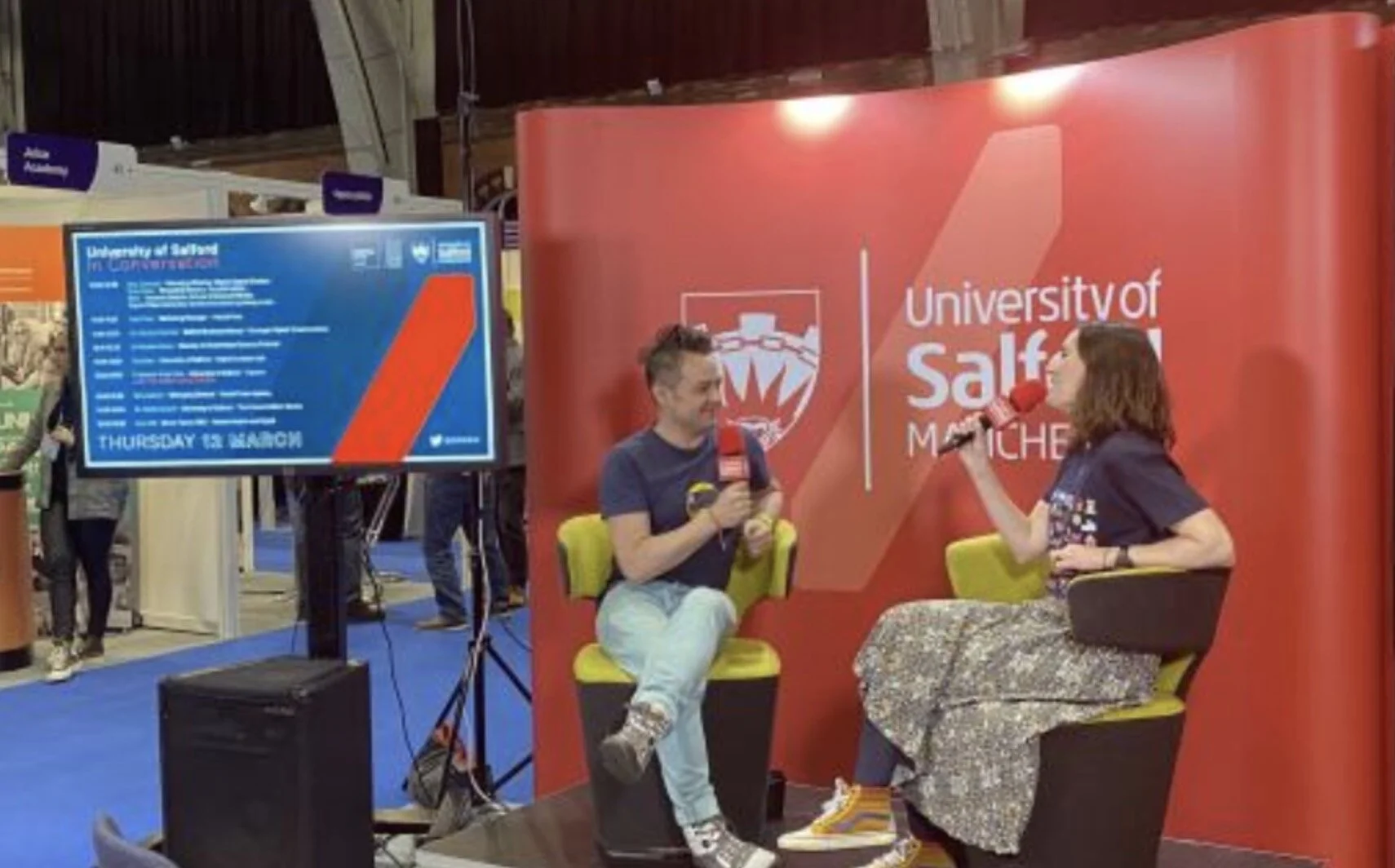
The Digital City Festival
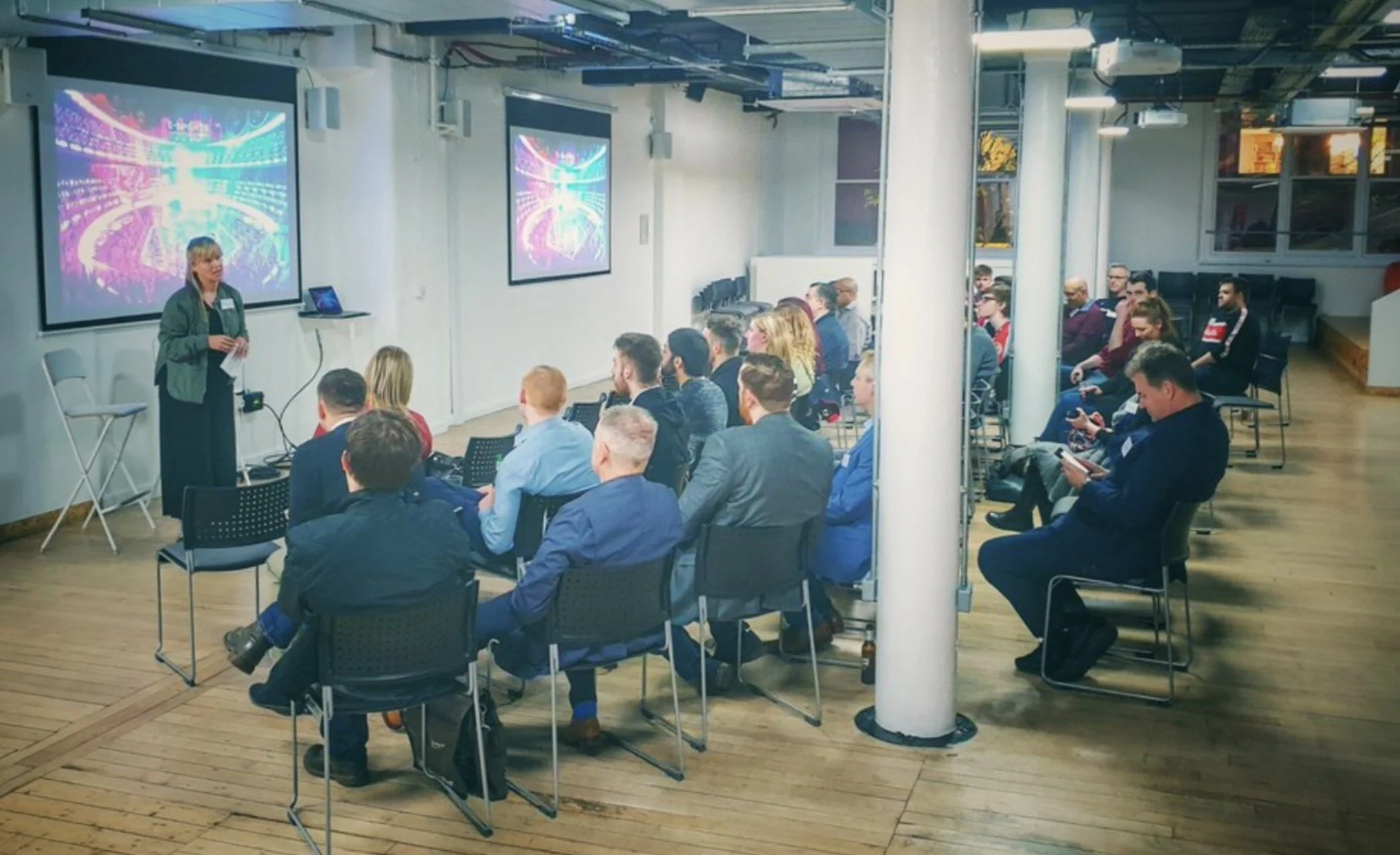
Esports Business Mixer
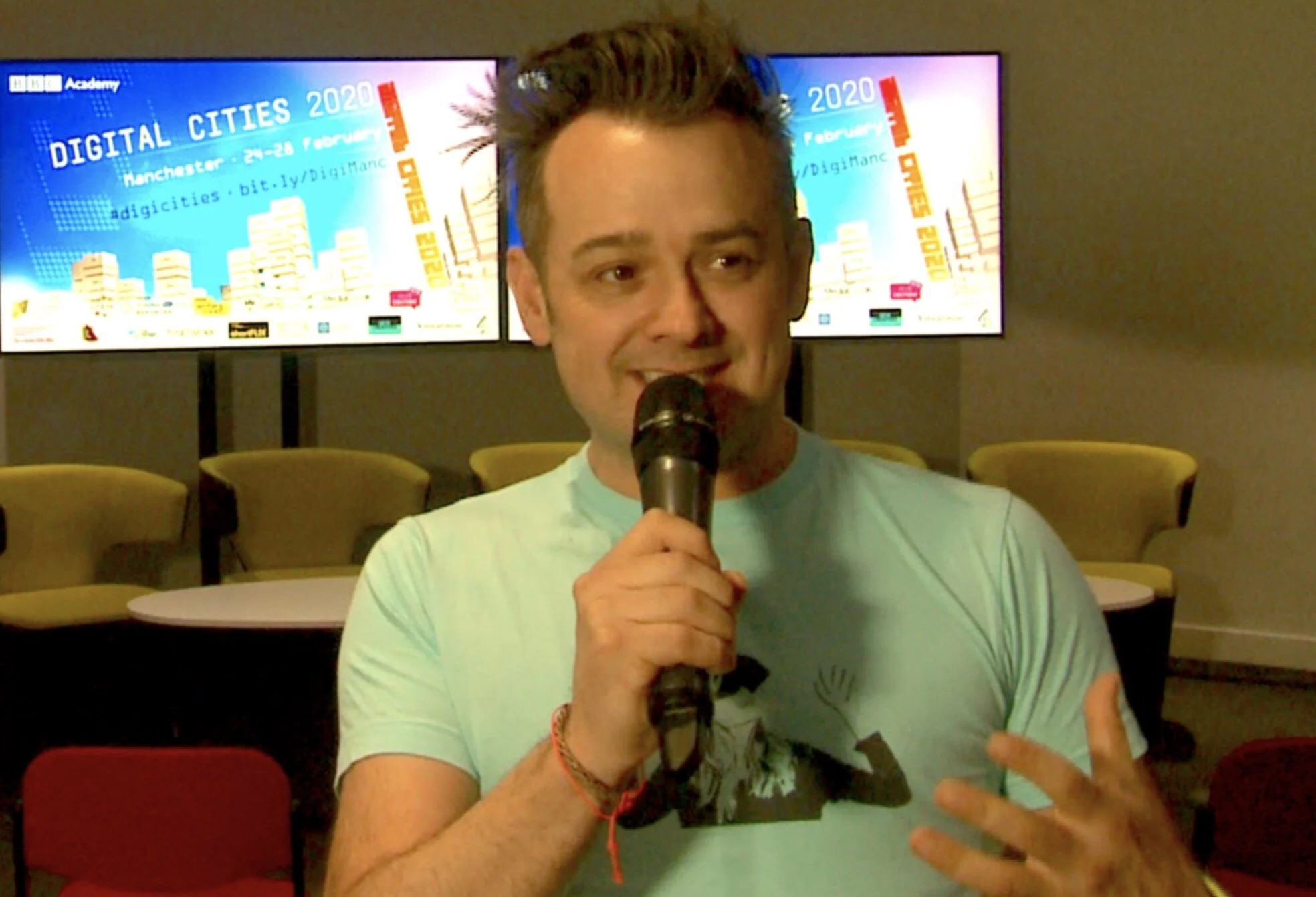
Esports @ BBC Digital Cities

Drones, China, and the Coronavirus

Cyborgs roam among us
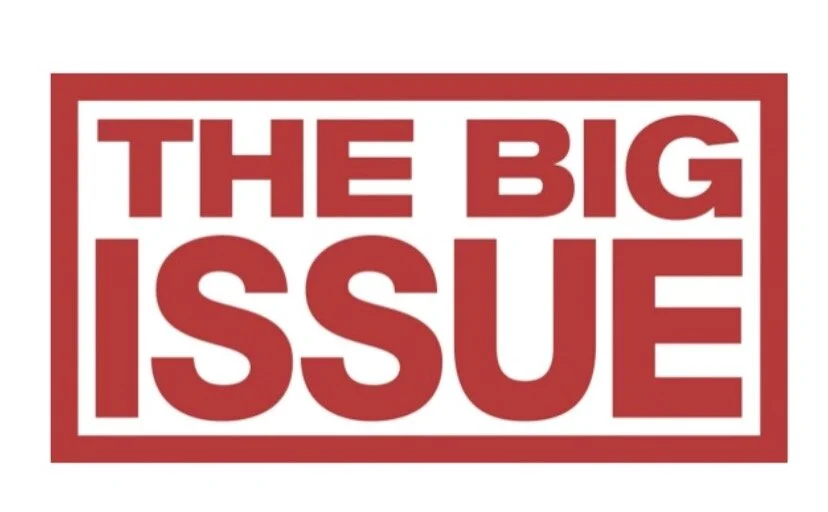
Our Eyes in the Sky
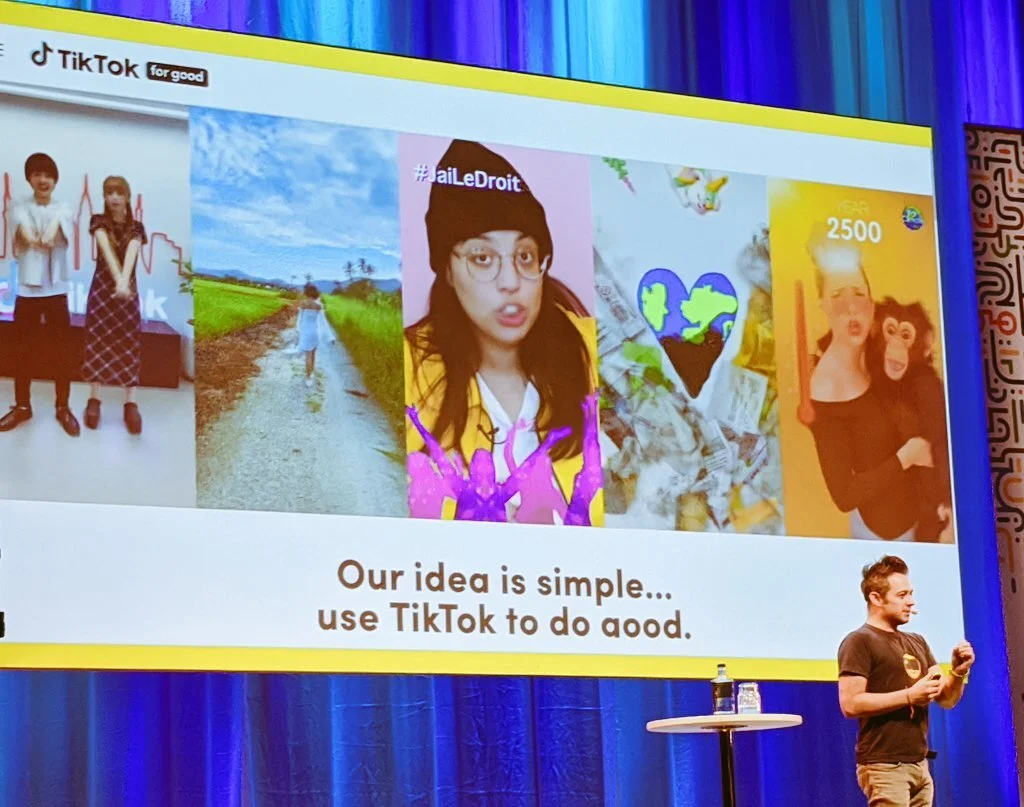
Re-Radicalising the Knowledge Pioneers
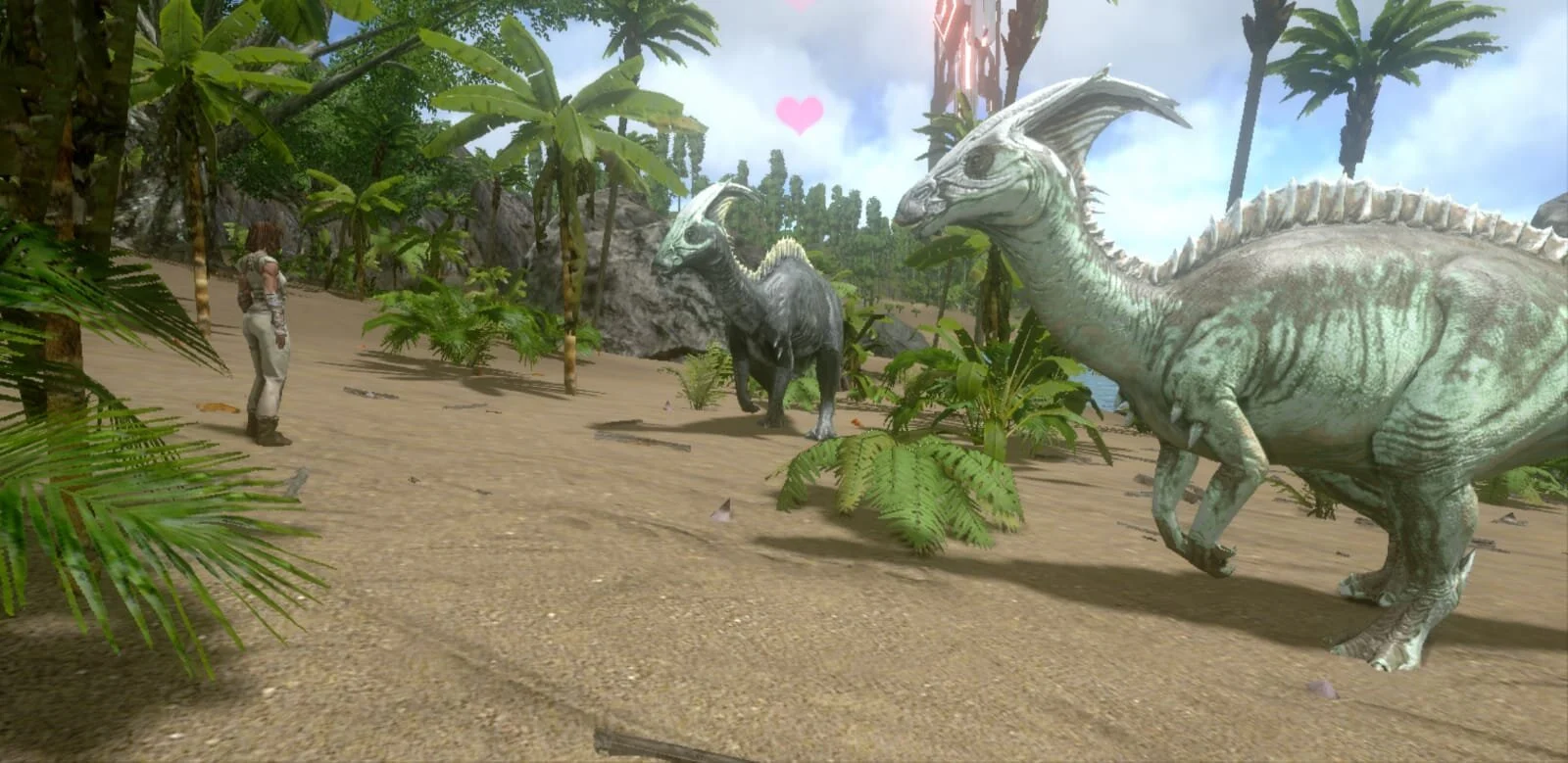
Science Communication in Times of Global Catastrophic Risk
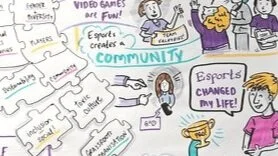
Future of Sport
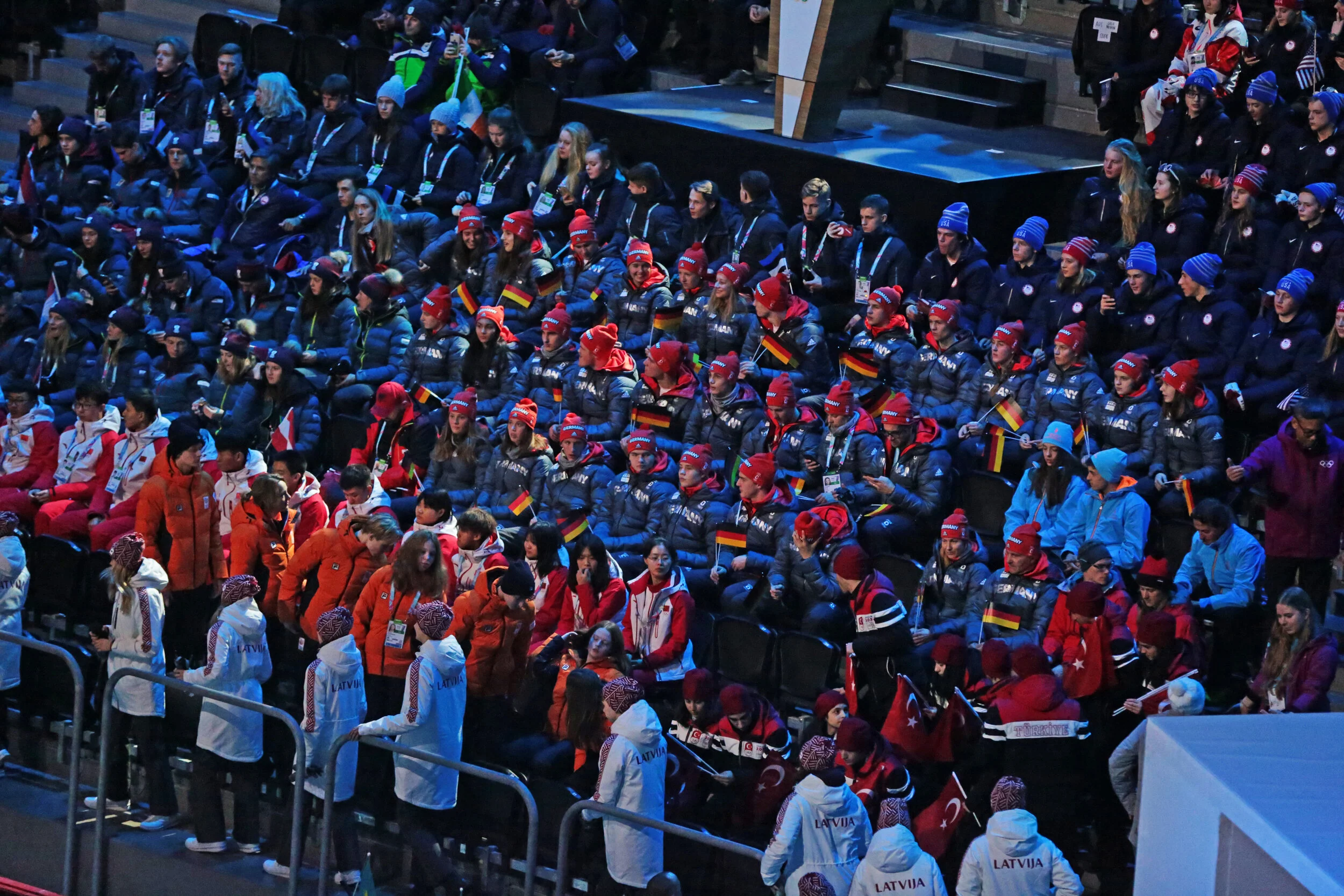
Esports at the Lausanne 2020 Youth Olympic Games
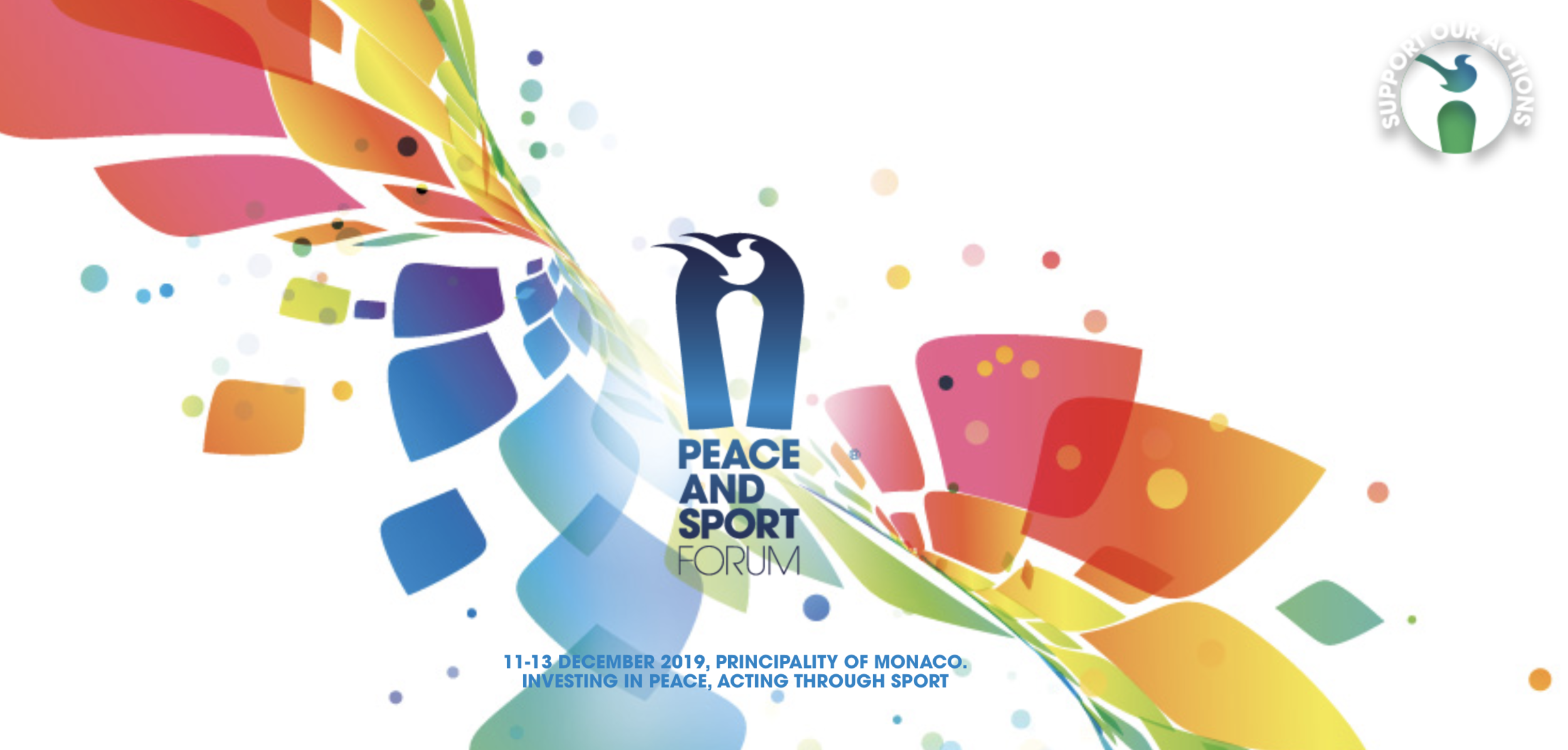
Esports for Peace
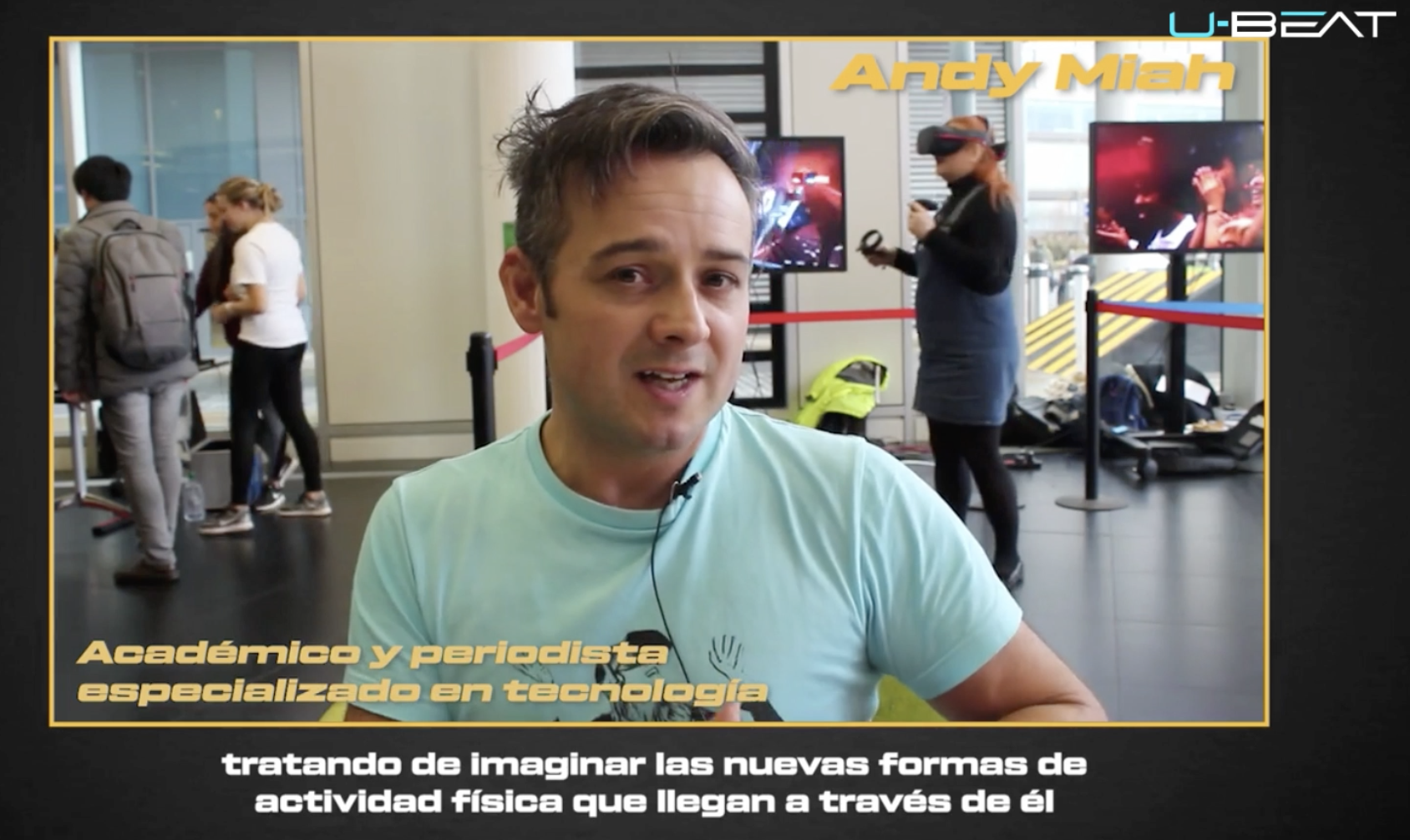
Esports and Virtual Reality
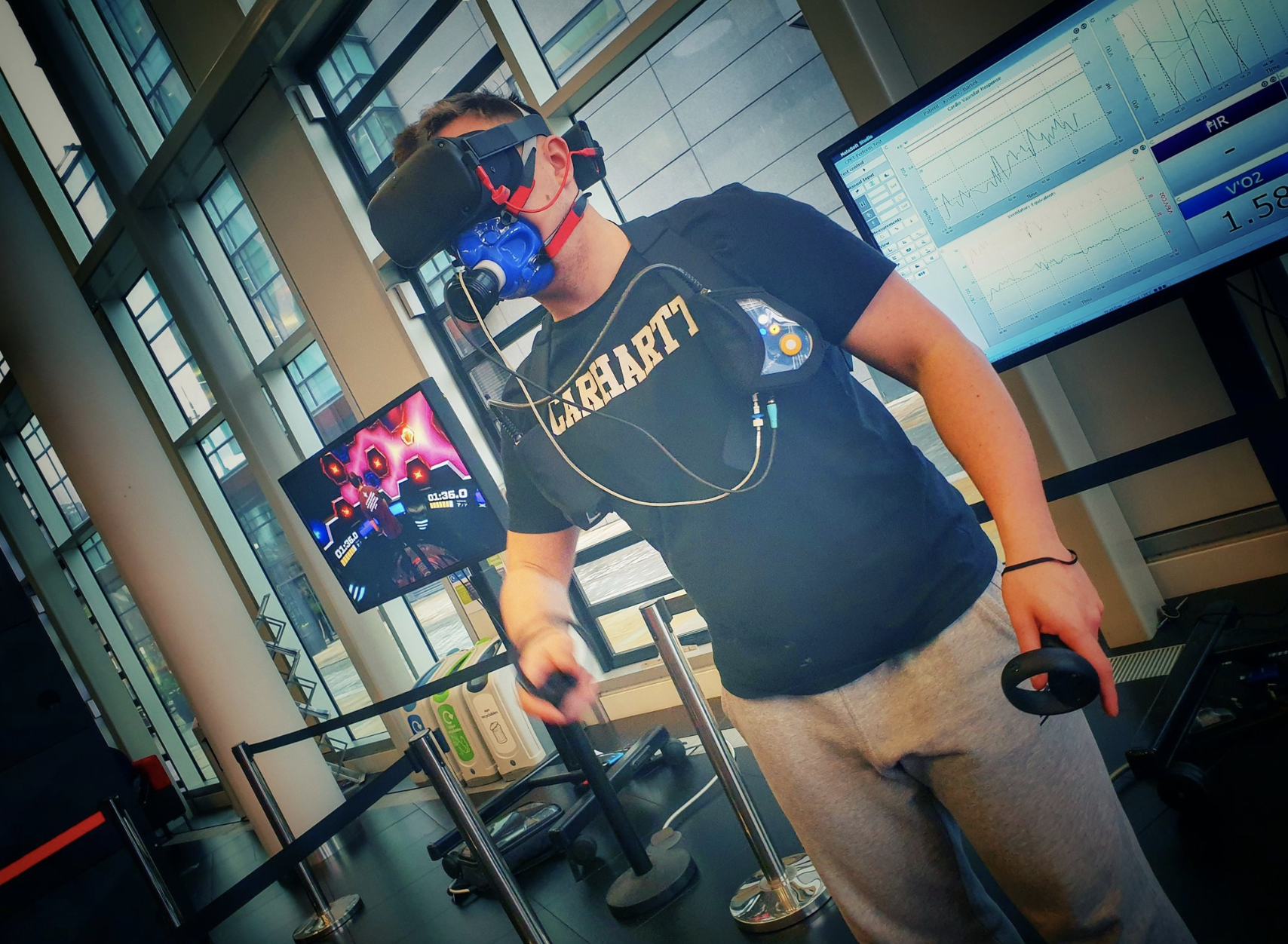
Virtual Reality Fitness
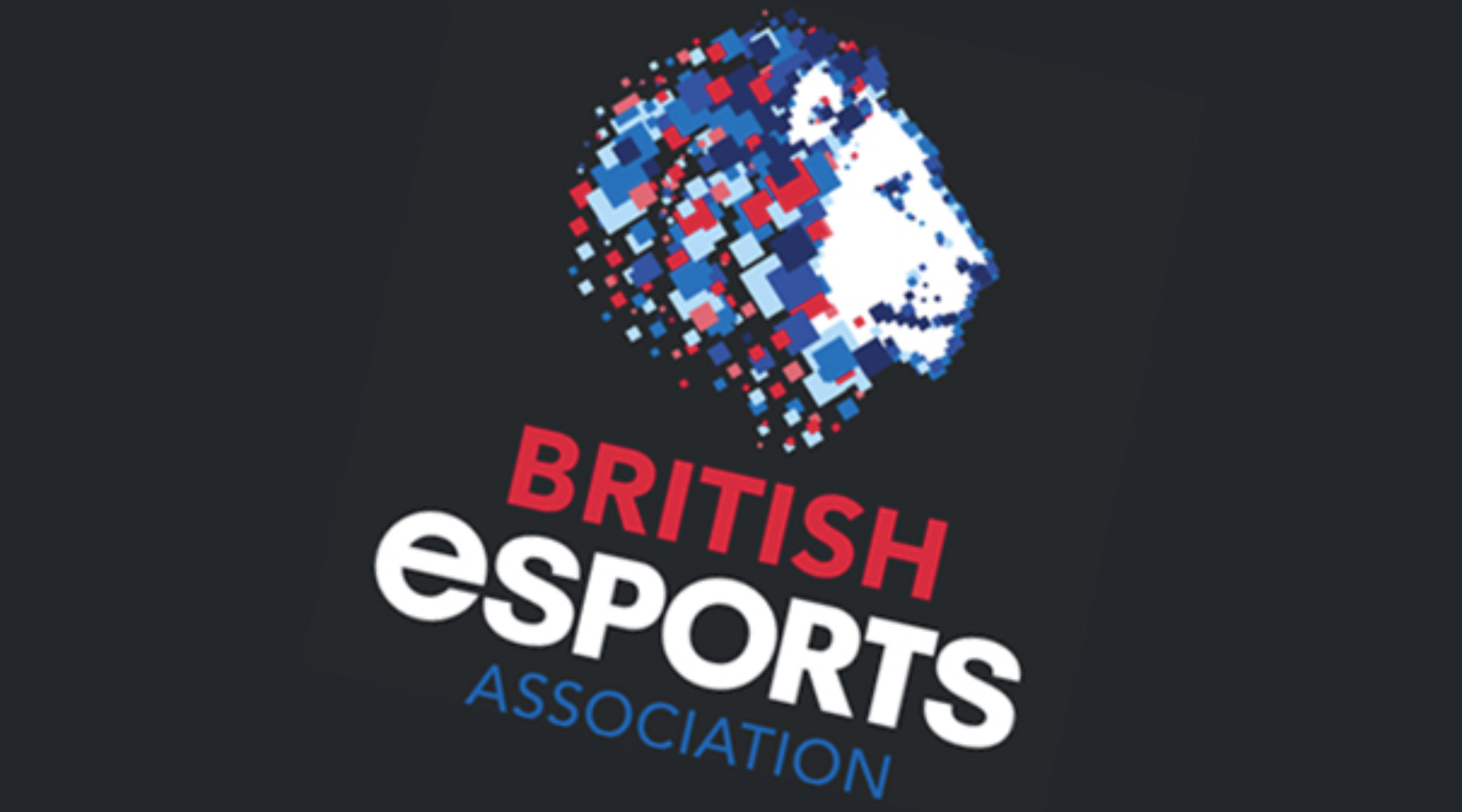
"This week, I joined the British Esports Association Advisory Board!"

Esports is the future of all sports – here’s why

Are you TikTok Ready?
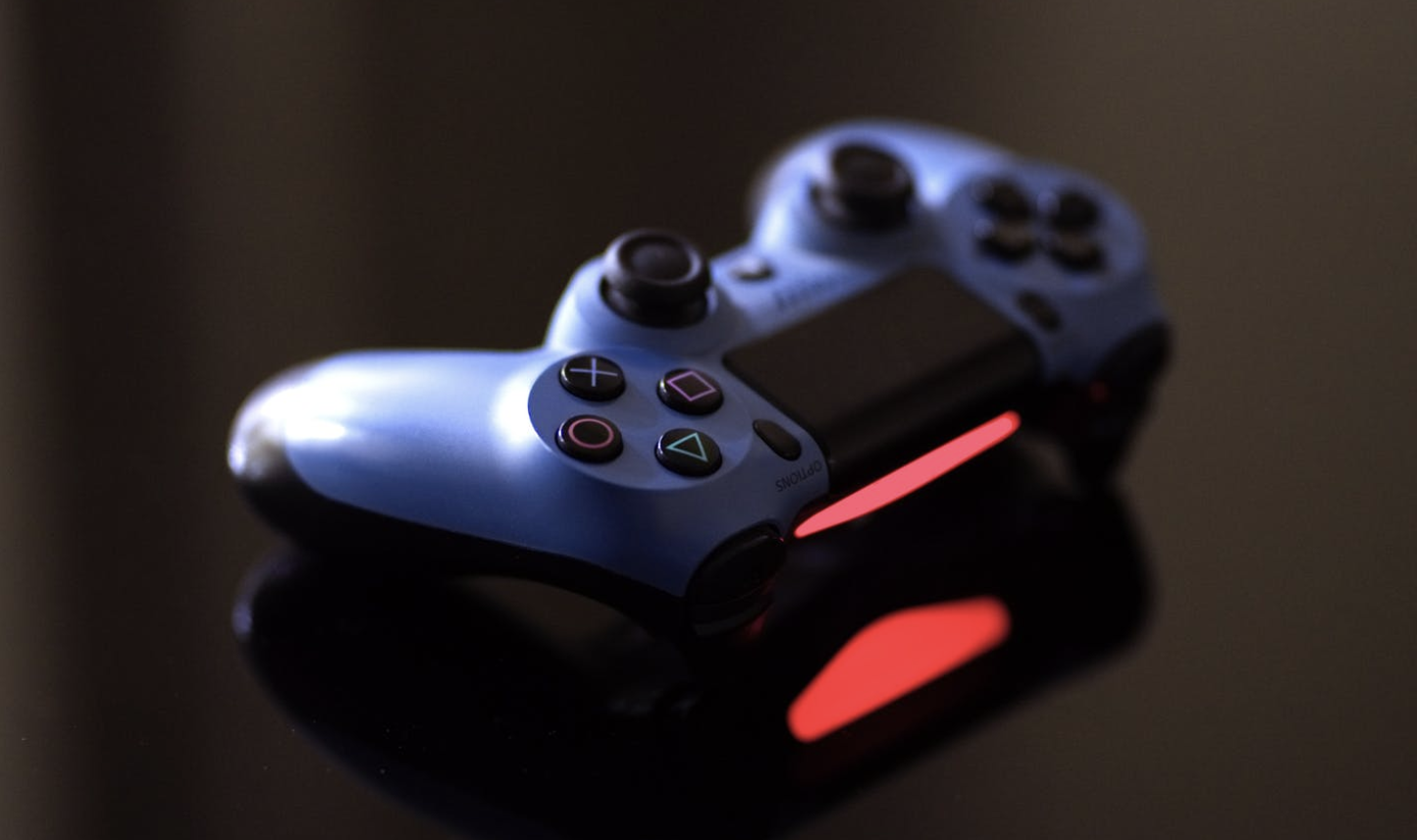
Esports Science Insights
